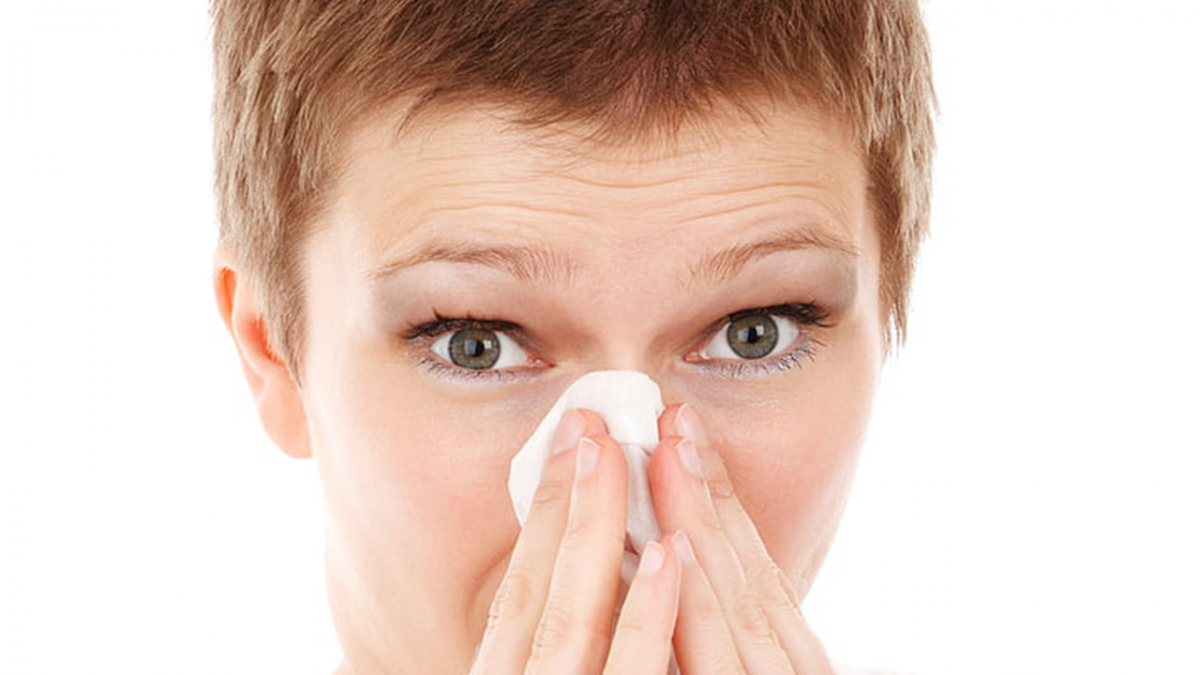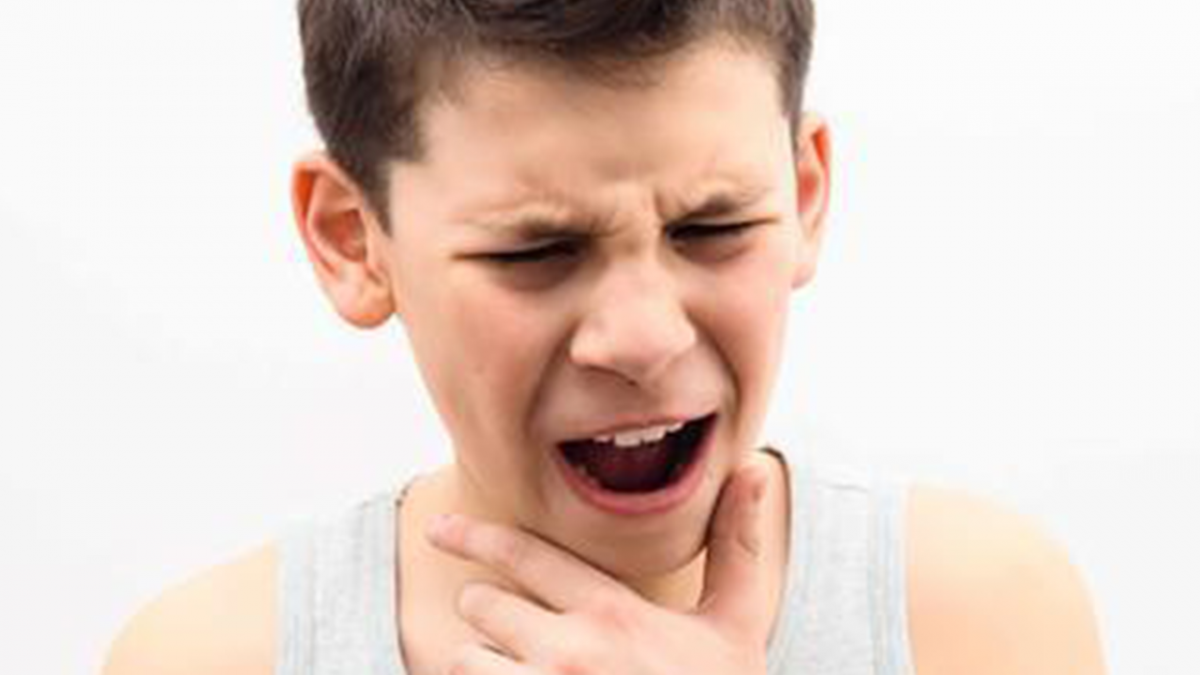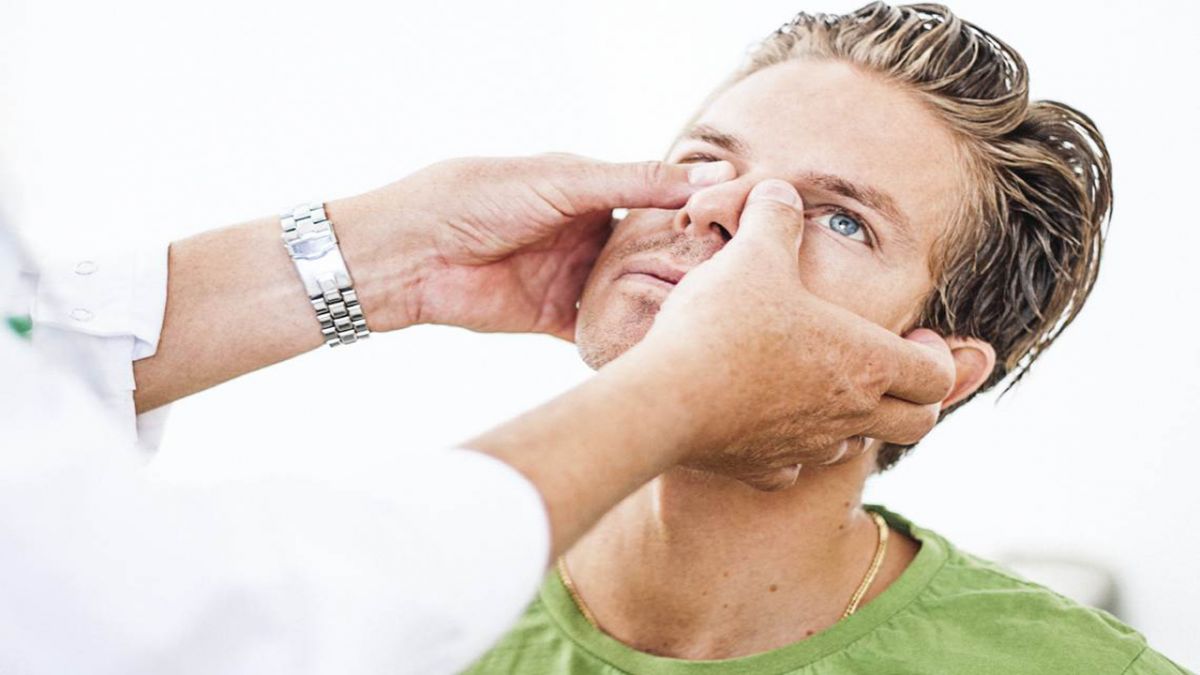Advertisement
The prevention of allergic rhinitis in children involves multiple factors. Broadly speaking, rhinitis is a response to external environmental stimuli, indicating that an individual's adaptability to their surroundings is compromised. For instance, many individuals do not experience sneezing while in their home country, but may start to sneeze frequently upon traveling to places like the United States. This is primarily due to their lack of acclimatization to local plants and allergens. Therefore, maintaining good air quality can significantly reduce the likelihood of developing rhinitis.
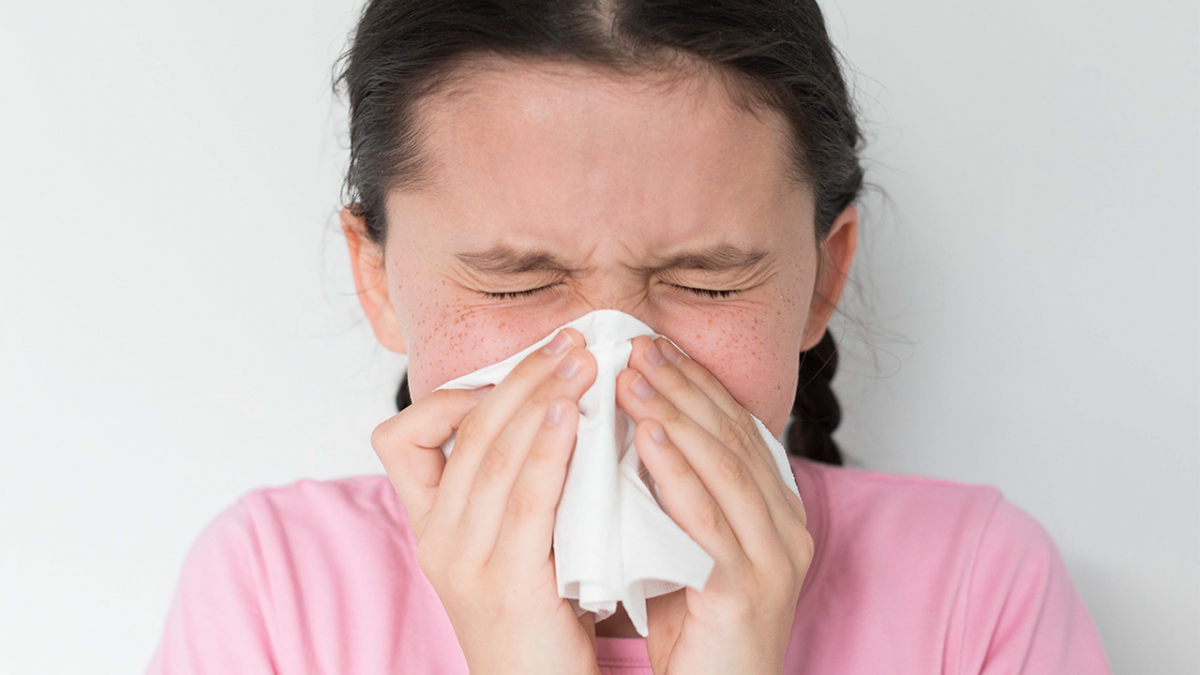
Secondly, enhancing one’s physical condition is crucial. The stronger the ability to adapt to various environmental stimuli, the less discomfort one will feel during extreme weather conditions.
In terms of diet, it is important to consume a balanced intake of fruits and vegetables, maintain healthy eating habits, and increase physical activity, which plays a vital role in boosting immunity. Additionally, it is advisable for children to reduce their screen time spent on television and computers, as this is also beneficial to their health. For children who already suffer from rhinitis, parents may recommend daily practices such as soaking their feet in warm water and washing their faces with cold water to stimulate their bodies and enhance their adaptability to the environment.
Exercise is also an effective method for alleviating nasal congestion. For example, when experiencing nasal blockage, engaging in a 10 to 20-minute jog can lead to relief as the body sweats and clears the nasal passages. This illustrates the positive impact of physical activity on overall well-being. It is important to understand that internal factors play a decisive role, while external factors serve as aids, with the role of medical professionals also being supportive.
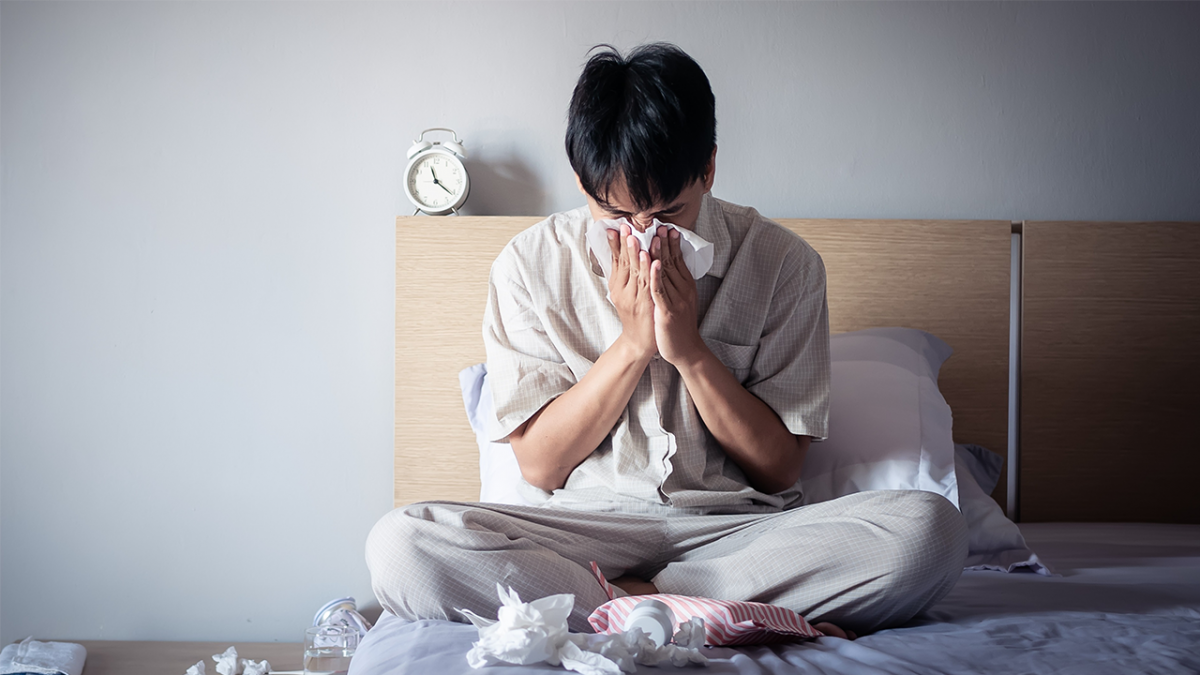
In conclusion, rhinitis is a prominent manifestation of an individual's physical constitution within the nasal cavity. Symptoms such as a runny nose, sneezing, and nasal congestion are easy to observe and perceive. The emergence of these symptoms often indicates that there may be minor issues within the body. By adopting proactive measures, it is possible to effectively prevent the occurrence of more significant health problems.
Advertisement
